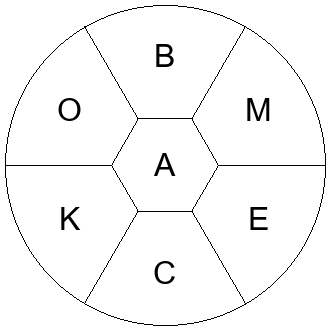-
aback ↗
-
acme ↗
-
ameba ↗
-
amebae ↗
-
ammo ↗
-
amoeba ↗
-
amoebae ↗
-
amok ↗
-
baba ↗
-
babe ↗
-
babka ↗
-
back ↗
-
backcomb ↗
-
bake ↗
-
bamboo ↗
-
baobab ↗
-
beak ↗
-
beam ↗
-
became ↗
-
boba ↗
-
cacao ↗
-
cake ↗
-
came ↗
-
cameo ↗
-
camo ↗
-
coca ↗
-
cocoa ↗
-
coma ↗
-
comeback ↗
-
comma ↗
-
kabob ↗
-
kaboom ↗
-
kebab ↗
-
mace ↗
-
make ↗
-
mako ↗
-
mama ↗
-
mamba ↗
-
mambo ↗
-
mamma ↗
-
mecca ↗
-
momma ↗

